The 2010s were, without a doubt, the decade of the superhero. Comic book movies dominated the cinematic landscape, for better and worse, reducing nearly every other blockbuster into an afterthought. Independent cinema flourished yet again, led by companies like A24 and Annapurna, while the adult drama slowly drifted away into oblivion.
Amidst this landscape, a group of actresses rose to the peak of fame and success, critical and commercial, thanks to their starring roles in some of the decade's most memorable movies. Indeed, these actresses defined the 2010s, becoming icons in the process.
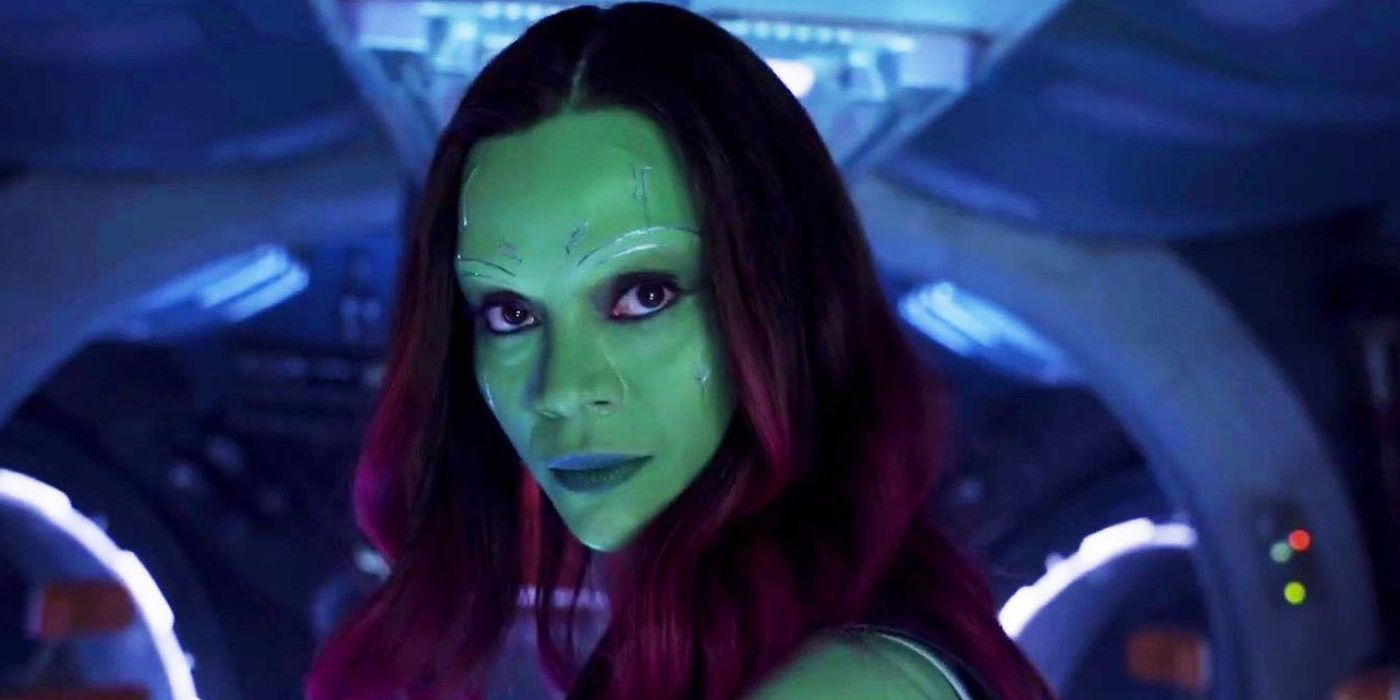
Since her acting debut in 2000's Center Stage, Zoe Saldana's star has risen. 2009 was a landmark for her career, starring in two massive box office hits, Avatar and Star Trek, which would pave the way for her uninterrupted success in the 2010s.
Saldana played several badass roles and juggled two massive franchises during the decade, Star Trek and the Marvel Cinematic Universe, in which she played the pivotal role of Gamora. Saldana stars in three of the five highest-grossing films of all time and, as of 2019, is the second-highest-grossing female star in Hollywood history.
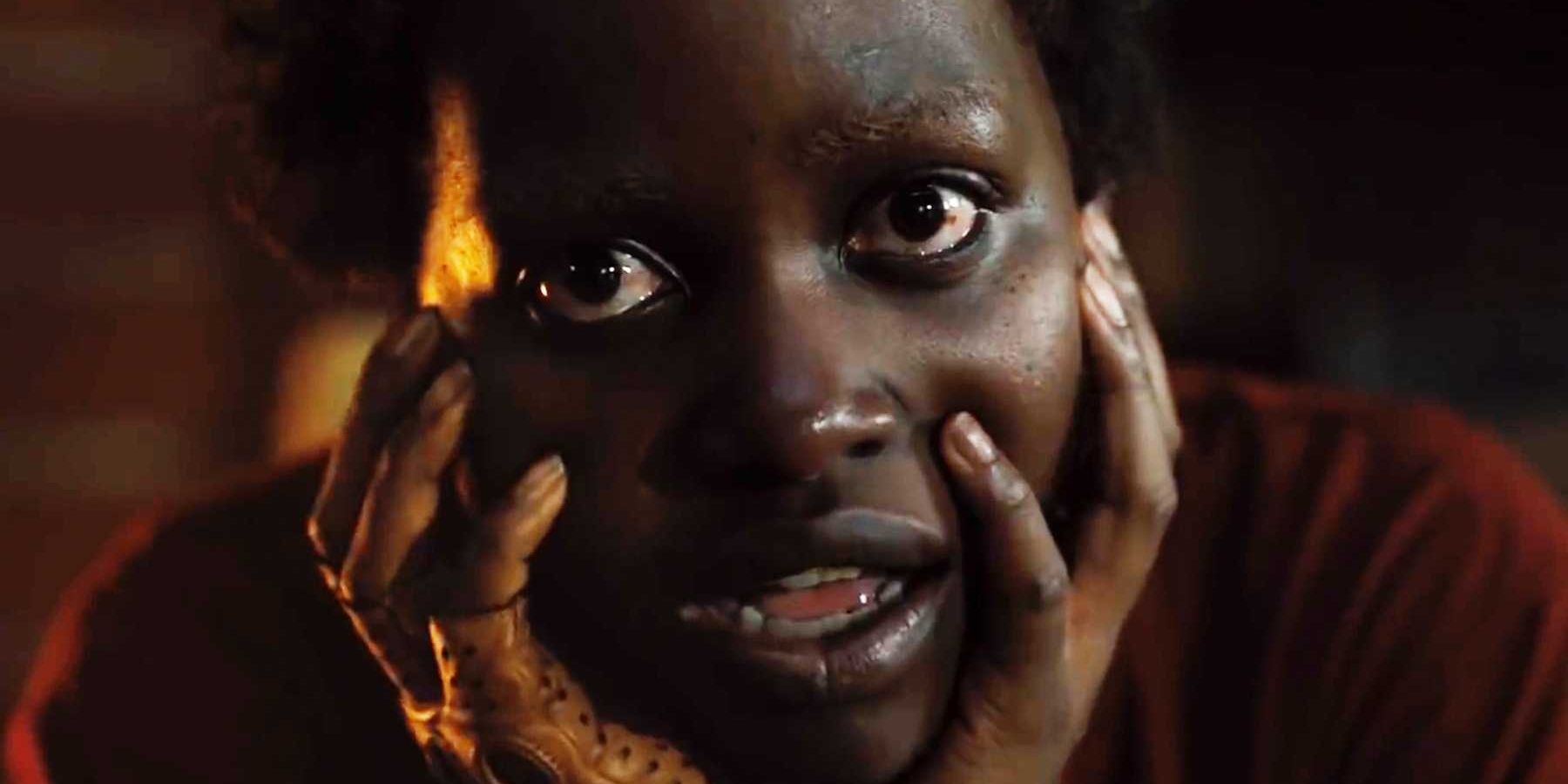
Lupita Nyong'o won the Best Supporting Actress Oscar for her big-screen debut in Steve McQueen's jarring biopic 12 Years a Slave. She followed it up with a supporting role in the Star Wars sequel trilogy and a leading turn in Disney's Queen of Katwe.
The actress cemented herself as an A-list star with 2018's Black Panther before receiving universal critical acclaim for her dual performance in Jordan Peele's Us. Nyong'o's filmography might be short, but her contributions to the cinematic landscape of the 2010s are undeniable.
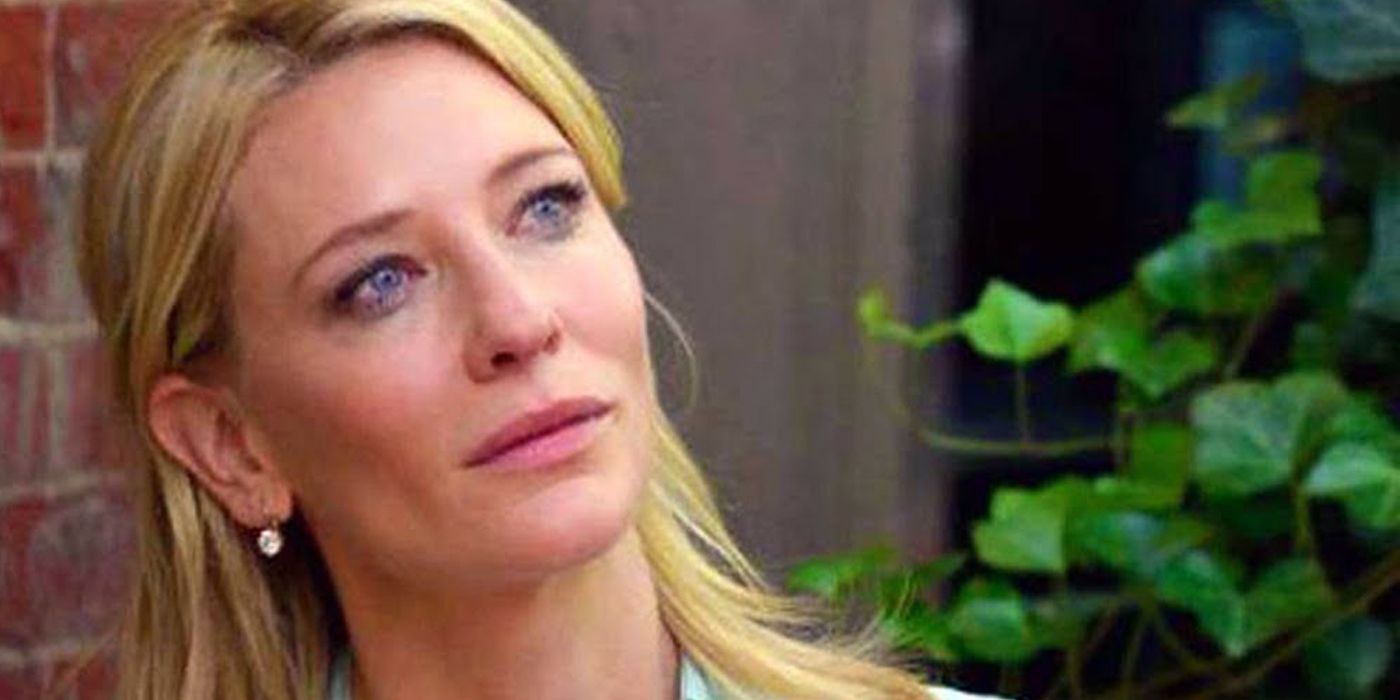
Already a massive star and one of the most iconic actresses of the 2000s, Cate Blanchett remained an audience favorite and critical darling in the 2010s. She reprised her role as Galadriel in The Hobbit trilogy and won her second Oscar for her work in 2013's Blue Jasmine.
Further Academy recognition came in 2015, thanks to her work in Todd Haynes' period drama Carol. Blanchett also starred in several box office hits, including 2015's Cinderella and 2017's Thor: Ragnarok, while playing memorable supporting turns in films like Hanna and Ocean's 8.
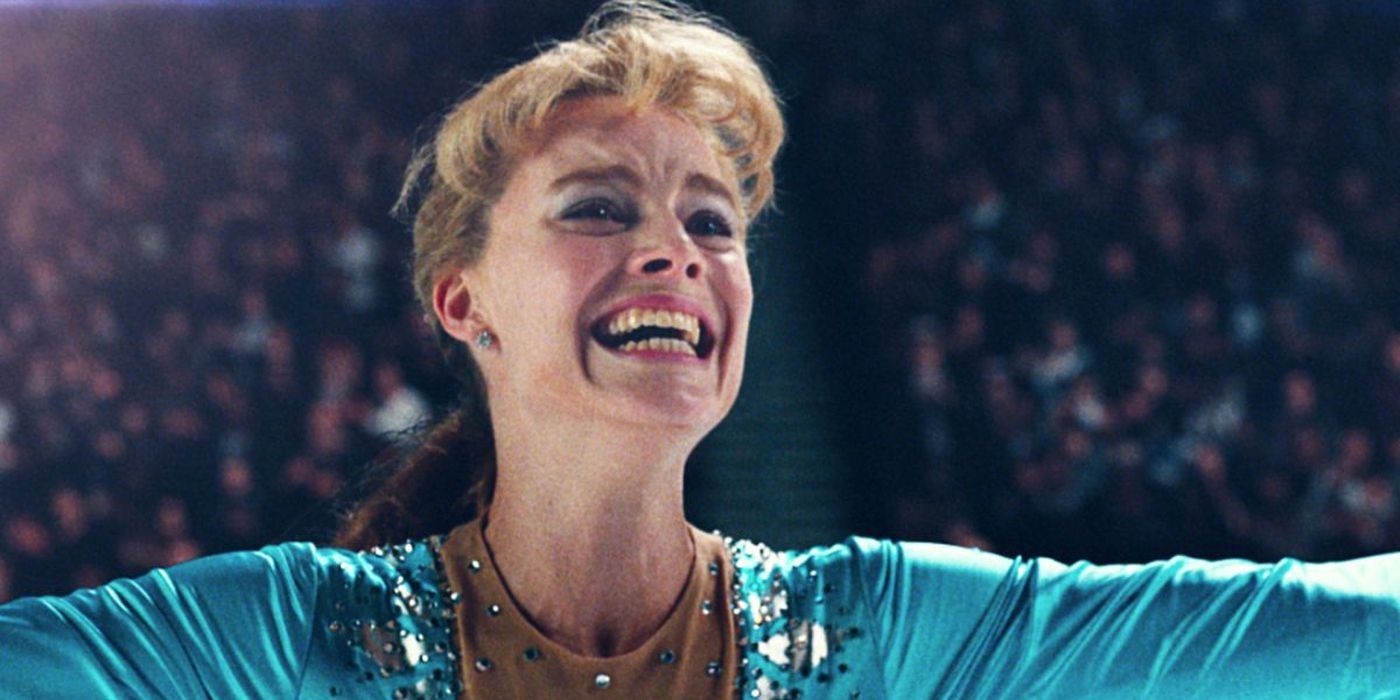
From the moment she popped on the screen in Martin Scorsese's The Wolf of Wall Street, Margot Robbie was a star. After starring in a series of lukewarm projects, including 2015's Focus and 2016's The Legend of Tarzan, she rose to the A-list thanks to her take on the iconic role of Harley Quinn, starting with 2016's Suicide Squad.
Robbie received her first Oscar nomination for her take on disgraced figure skater Tonya Harding in 2017's I, Tonya. A second nod would come in 2019, hor her supporting role in Jay Roach's drama Bombshell. Robbie starred in several other films that attracted acclaim for her performances, including Mary Queen of Scots, and ended the decade starring in Quentin Tarantino's easter-egg-filled Once Upon a Time in Hollywood.
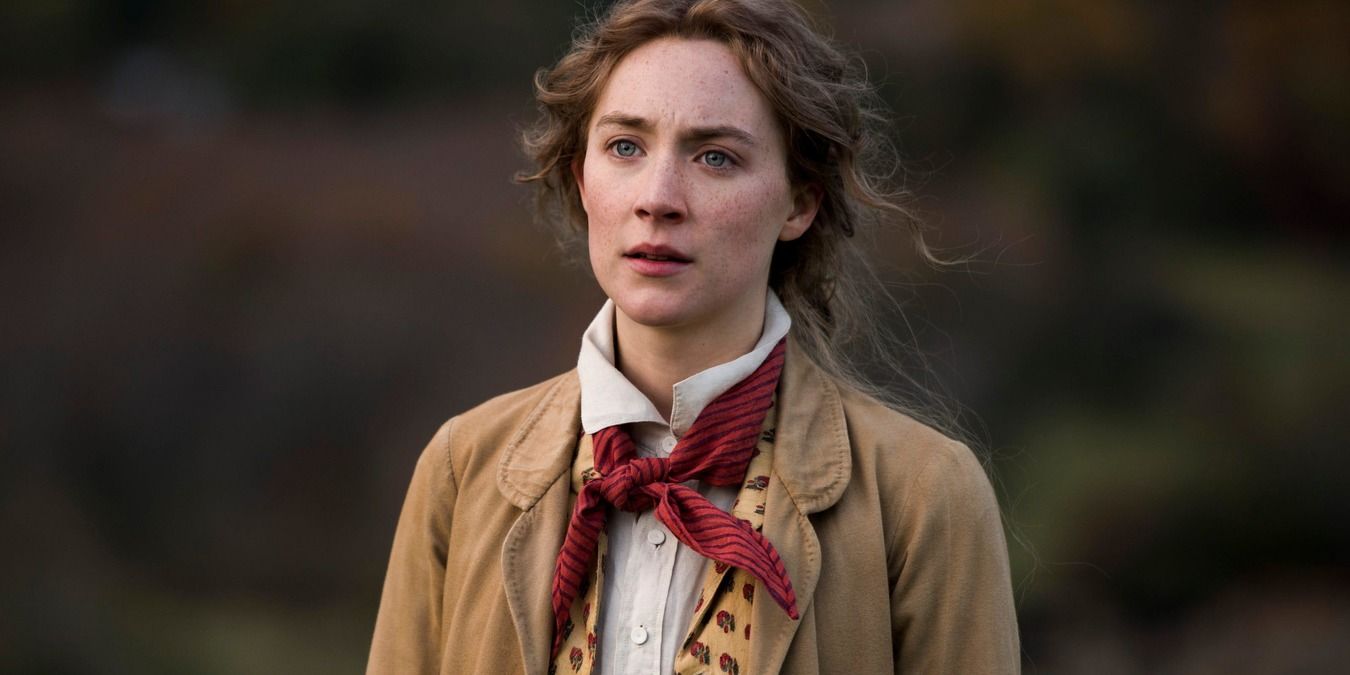
Saoirse Ronan earned her first Oscar nomination at thirteen, thanks to her supporting role in 2007's Atonement. Her future seemed bright and promising, and she more than lived up to the hype, eventually becoming the actress under 30 with the most Oscar nominations.
In 2015, Ronan earned a second Academy Award nod for her leading turn in the period romance Brooklyn. 2017 was crucial for the actress. Her role in Greta Gerwig's coming-of-age comedy-drama Lady Bird won her a Golden Globe and a third Oscar nomination. Ronan would reteam with Gerwig in 2019, playing iconic literary figure Jo March in the director's new take on the classic Little Women, receiving a fourth mention from the Academy.
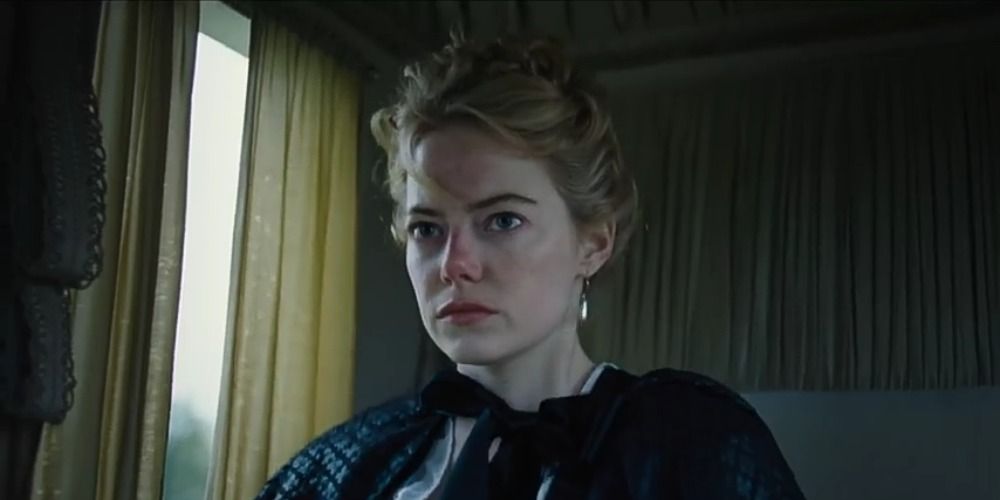
Beginning the decade not with a fizzle but with a bang, Emma Stone earned rave reviews and a Golden Globe nomination for her starring role in 2010's Easy A. 2011 would see her starring the box office hits Crazy, Stupid, Love and The Help, before entering the superhero genre in 2012 with The Amazing Spider-Man.
In 2015, Stone received her first Oscar nomination for her supporting turn in Alejandro González Iñárritu's black comedy Birdman. She'd win the Best Actress Oscar two years later for Damian Chazelle's musical La La Land before receiving a third nomination, again in supporting, for her acidic performance in Yorgos Lanthimos' The Favourite.
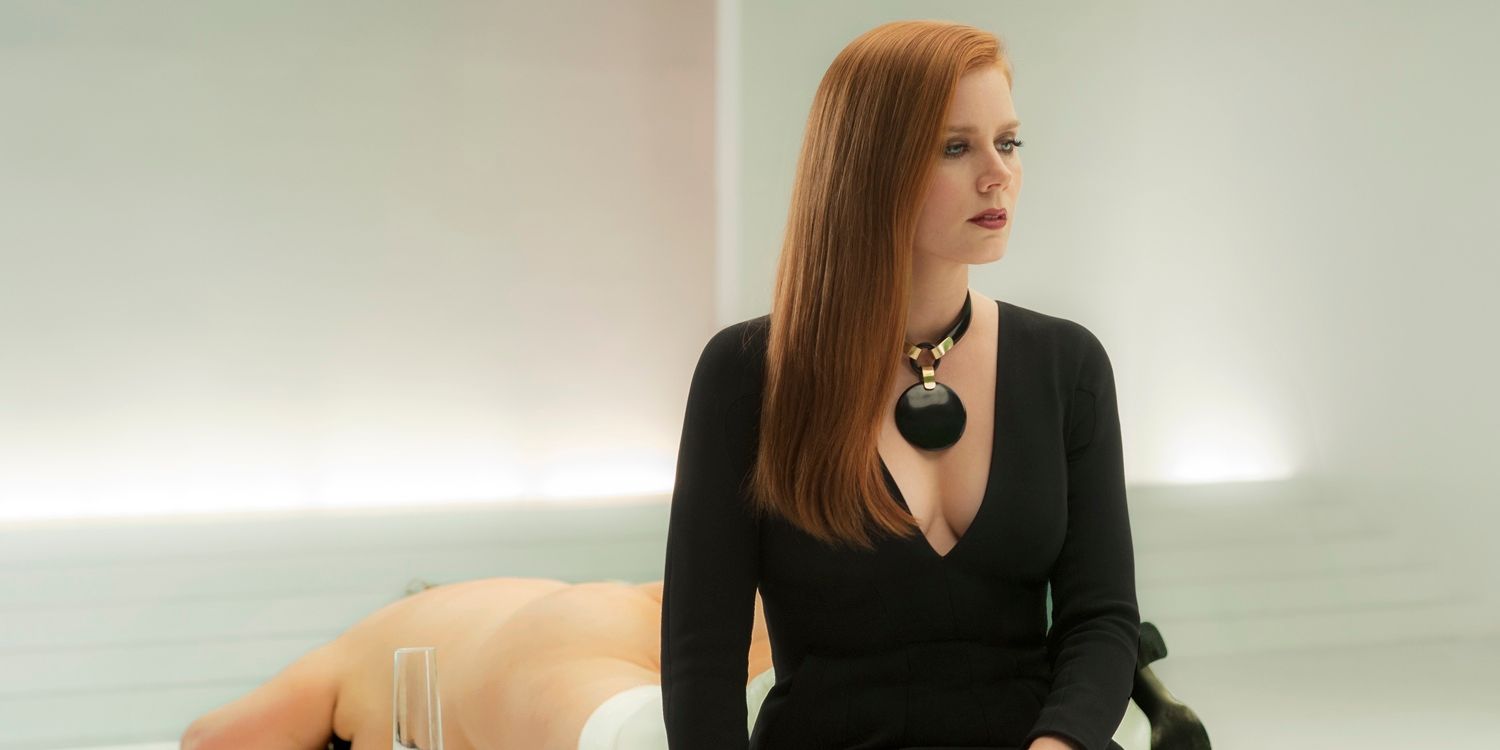
Amy Adams became an instant star with 2007's Enchanted, but the 2010s cemented her as one of the finest actresses of her generation. Adams earned three Oscar nominations throughout the decade for her supporting roles in David O. Russell's The Fighter, Paul Thomas Anderson's The Master, and Adam McKay's Vice, plus one in the lead actress category for O. Russell's American Hustle.
Adams also attracted major critical acclaim for her work in Tim Burton's Margaret Keane biopic Big Eyes, Dennis Villeneuve's ambitious sci-fi Arrival, and Tom Ford's stylish neo-noir Nocturnal Animals. Adams also tried her hand in the superhero genre, playing Lois Lane in the DCEU.
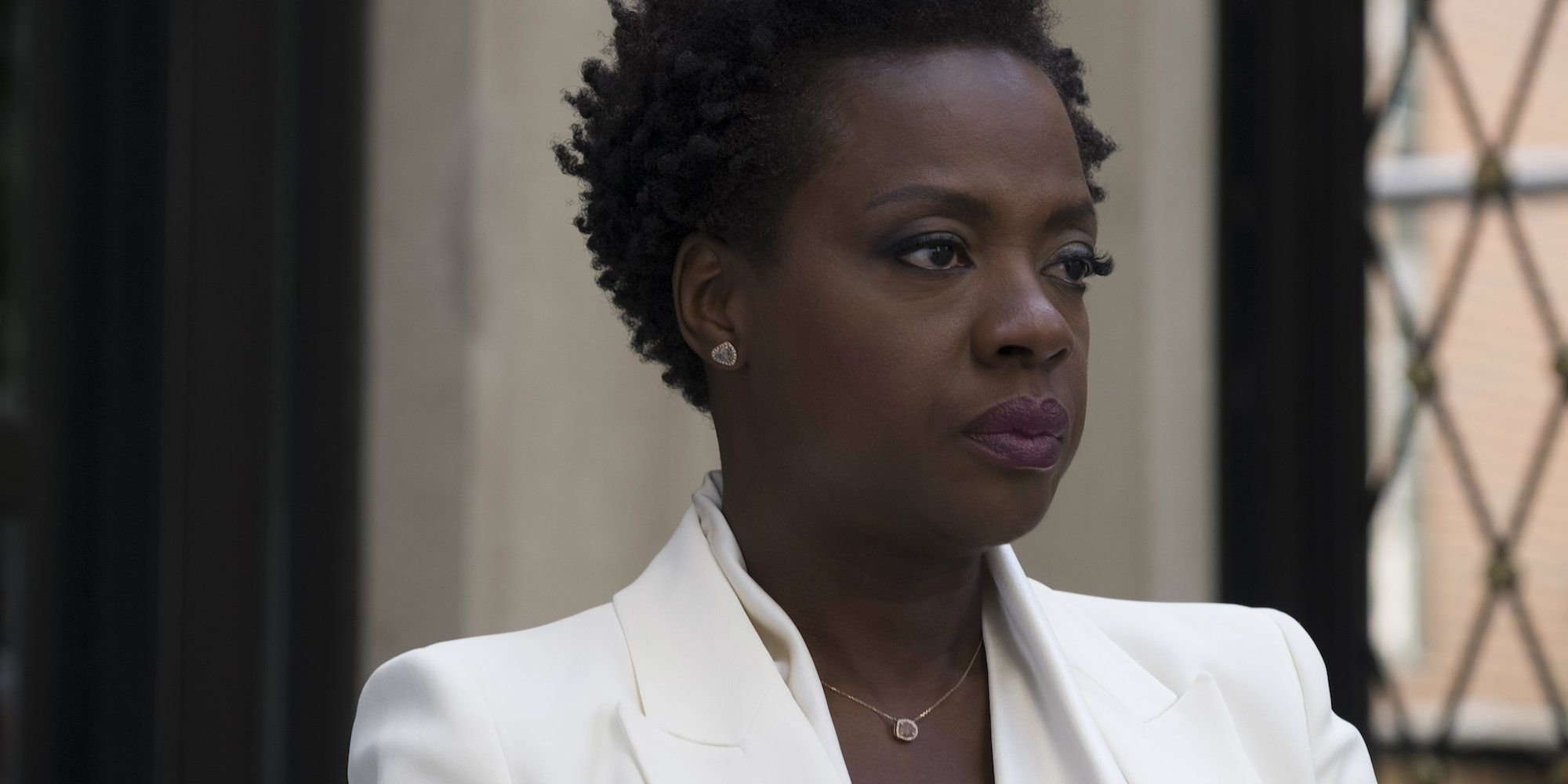
After her breakthrough role in 2008's Doubt earned her an Oscar nomination, Viola Davis became a major star in the 2010s. She received a second Oscar nod for her leading role in 2011's The Help, before finally winning the statue in 2017 for her supporting work in Denzel Washington's Fences.
Davis starred in several other critically acclaimed movies during the decade, most notably Dennis Villeneuve's Prisoners and Steve McQueen's Widows. She also entered the superhero landscape in 2016, playing the ruthless Amanda Waller in the now-infamous Suicide Squad.
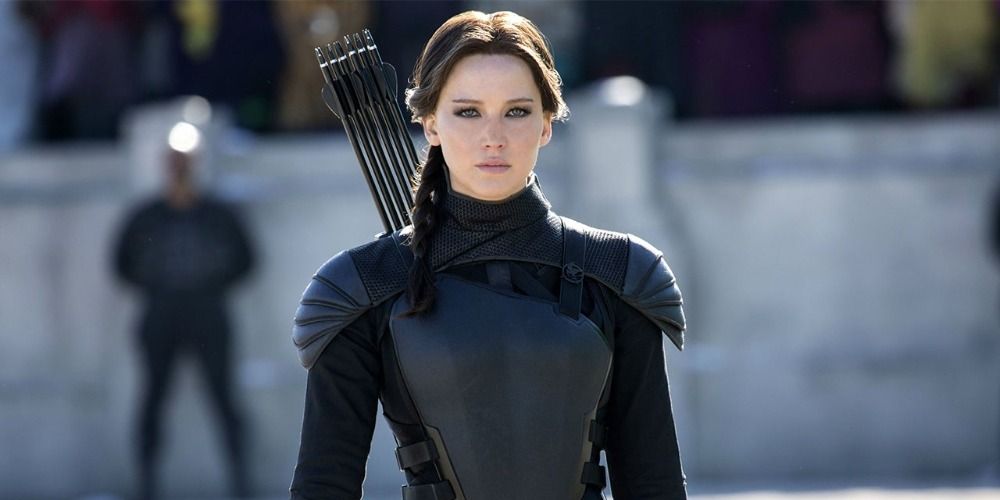
Jennifer Lawrence's rise to fame was meteoric. Following her Oscar-nominated breakthrough in 2010's Winter's Bone, Lawrence became one of Hollywood's most bankable stars thanks to her roles in two major franchises, X-Men and, of course, The Hunger Games.
Lawrence won the Oscar for Best Actress for her spirited work in David O. Russell's romantic comedy Silver Linings Playbook. Additional nominations came for two other movies with the director, 2013's American Hustle and 2015's Joy. In 2017, Lawrence undertook one of her bravest roles, starring in Darren Aronofsky's psychological horror film, mother! The actress took a step back during the decade's last years, returning in 2021 with the Netflix mega-hit Don't Look Up.
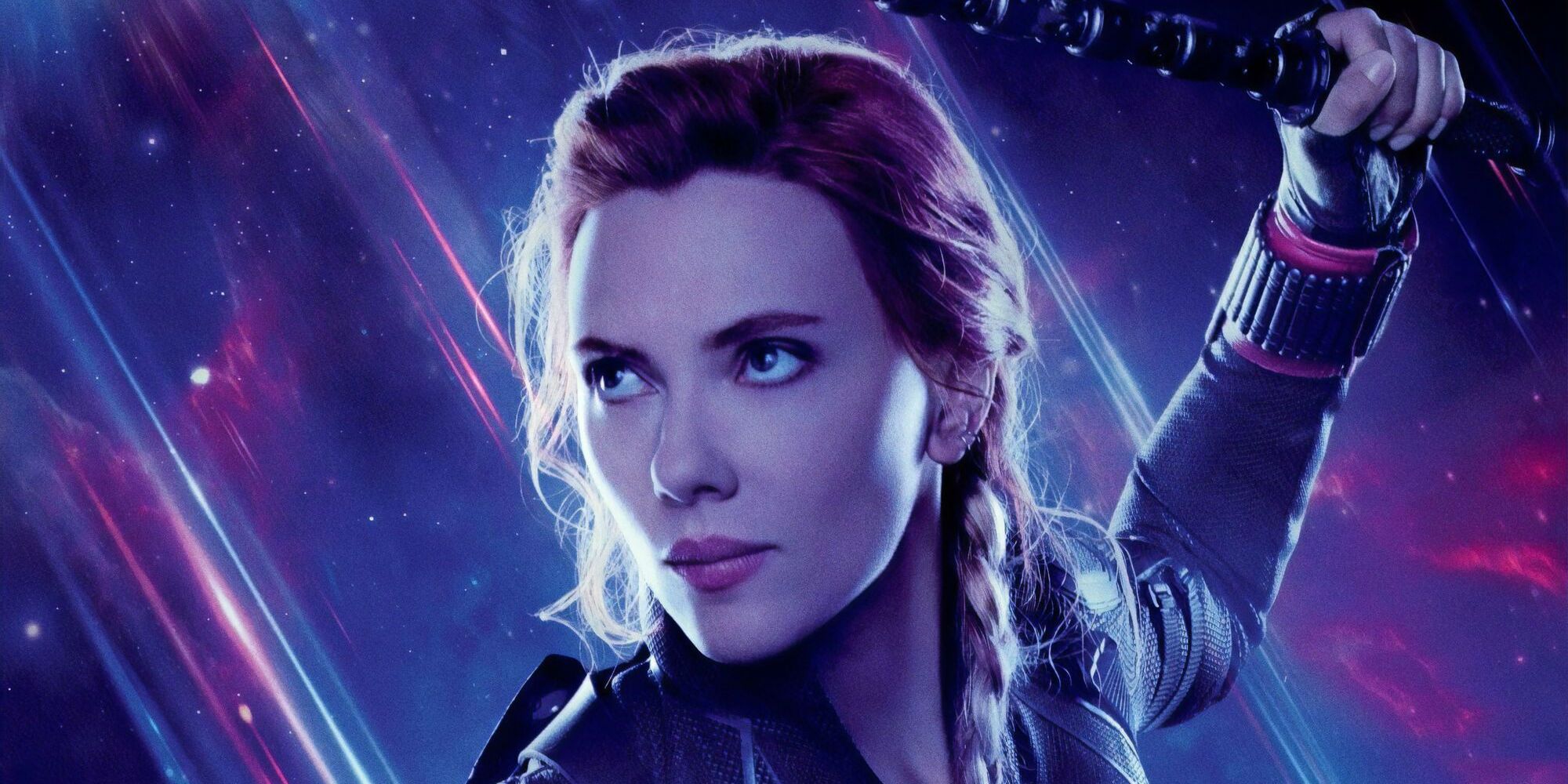
Rising to international prominence in 2003 thanks to Sofia Coppola's Lost in Translation, Scarlett Johansson cemented herself as a star and sex symbol of the 2000s. However, her career achieved a new level of success in the 2010s, mainly thanks to her iconic role as Black Widow in the Marvel Cinematic Universe.
Still, Johansson worked hard to diversify her resumé and made some inspired choices throughout the decade. 2013 was a landmark year for her, starring in two of the most acclaimed films of her career, Spike Jonze's Her and Jonathan Glazer's Under the Skin. In 2019, Johansson became one of the few stars to receive two Oscar nominations in the same year for her leading turn in Noah Baumbach's Marriage Story and her supporting role in Taika Waititi's Jojo Rabbit.
Comments
Post a Comment